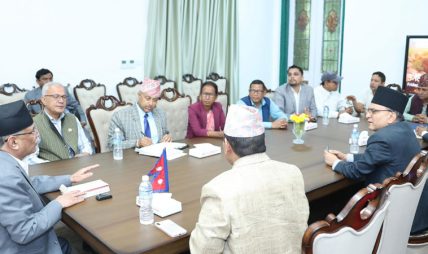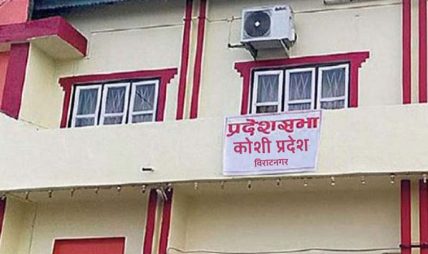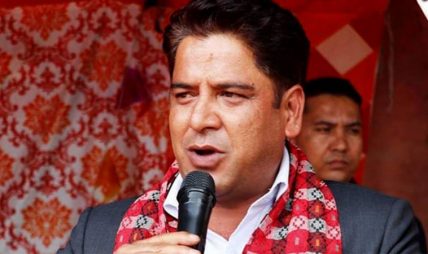25 Nov,BANGKOK – The president of Thailand’s rubber-stamp parliament on Friday said the body will hold “an extraordinary meeting” on November 29, heightening speculation that it is poised to proclaim Crown Prince Maha Vajiralongkorn king.
Vajiralongkorn is the named successor to King Bhumibol Adulyadej who died on October 13 aged 88, ending a seven-decade reign.
His father’s death plunged the kingdom into intense mourning.It also prompted the Crown Prince to delay his proclamation as king in order to grieve with the nation, according to the junta that currently runs the country.The timeline of his ascension to the throne is murky, with officials as well as the general public unwilling to take a punt on matters involving the monarchy — an institution protected by a tough lese majeste law.
But according to convention, the cabinet must put forward the new king’s name for parliamentary approval.
Then the assembly speaker has to formally invite the Crown Prince to become the monarch before proclaiming the new king to the public. That process appears imminent, after junta leader Prayut Chan-O-Cha on Friday told reporters he would chair a cabinet get together on November 29, followed by a meeting of the National Legislative Assembly.
NLA president Pornpetch Wichitcholchai described it as “an extraordinary meeting”, but added he is yet to be given the agenda.”It could be about a new law, ratification of treaties or other urgent issues,” he told reporters.
The prince, who has yet to attain his father’s widespread popularity, spends much of his time overseas, especially in southern Germany.The new monarch will only be coronated once the previous monarch is cremated, often months later.A strict royal defamation law and layers of official opacity make it difficult to confirm facts about Thailand’s monarchy and all but impossible to openly debate its role.
All media based in Thailand must self-censor to avoid falling foul of the royal defamation law, which punishes criticism of the monarchy with up to 15 years in prison per infringement.
Thailand’s arch-royalist military government has ramped up use of the law, with a particular focus on online dissent, since coming to power in its 2014 coup.Authorities and ultra-royalist vigilante groups have further stepped up enforcement since Bhumibol’s death.
An initial 30-day mourning period for King Bhumibol lapsed on November 14, although civil servants and many more will mourn for a year until Bhumibol is cremated.(AFP)
वि.सं.२०७३ मंसिर १० शुक्रवार १०:५४ मा प्रकाशित





























